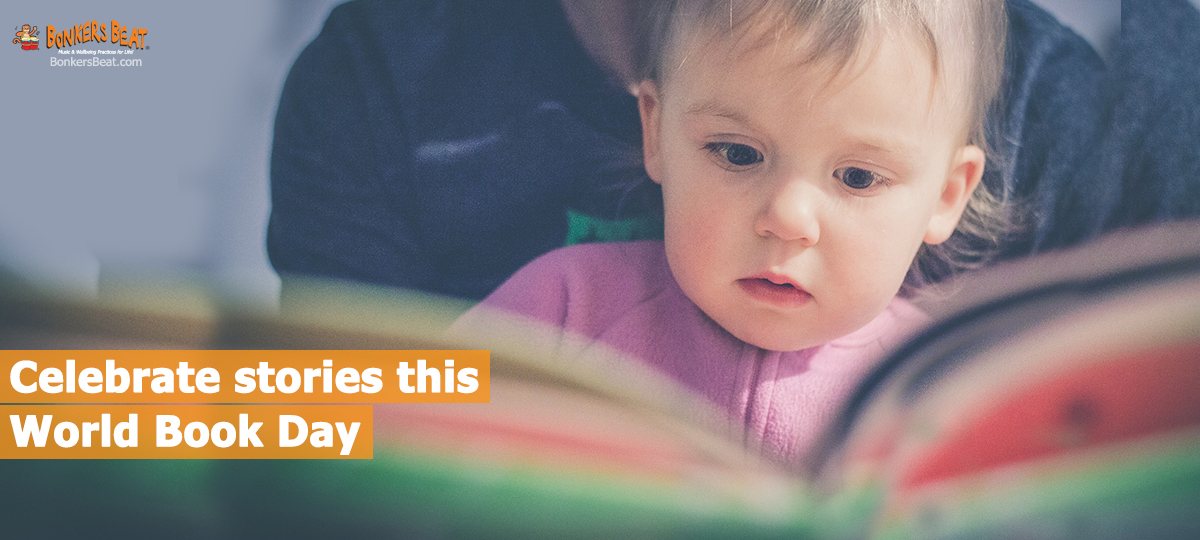Book Week is coming up from 18 – 24 August, bringing the perfect time to focus on the incredible benefits and positive impact of books and reading on people young and old.
A special childhood book can be a beacon of joy throughout your entire life. Think about your own early years and you can probably recall one or more books that have stuck with you ever since. To celebrate Book Week, why not get educators to share a favourite childhood book with children at your centre?
Three reasons we love reading
1. Literacy is vital
Learning to read and developing reading comprehension are essential skills for life. If you can encourage a love of reading and books in children, you are giving them one of the most valuable tools possible.
2. Reading benefits other areas, like numeracy
Researchers found that reading provides benefits to a child’s overall education, not just literacy. Even formal tests showed higher scores for children who were read to more often at age 4 and 5, including improvements in numeracy!
3. Books are full of knowledge
Reading books doesn’t just improve your ability to read — books are full of knowledge and facts that enable children to learn just about everything! In fact, for a child who isn’t overly interested in books, start with books on their favourite subject to spark their interest.
Three books with a positive message
If you need some extra inspiration for new books to try in your centre, here are just five that are not only a great read but also have a really positive message embedded within them:
The Way We Have Fun: This book isn’t just about a family holiday — it tells the story of a family who takes off on a family trip armed with devices like smartphones tablets and laptops. But only when these ‘essentials’ go missing do they realise where the real fun is!
The Rainbow Fish: A beautifully illustrated story that takes the reader on a journey to discover the true meaning of beauty and friendship.
Little People, Big Dreams: This series of books takes you through the stories of the lives of some of the world’s most amazing and inspiring people, such as Marie Curie or Mother Theresa. Educational and full of inspiration!
Make Book Week a time for your centre to focus on the importance of literacy and the magic of reading for children and adults alike!
We look forward to finding out more about your favourite books, so share them with us on our Facebook page.



